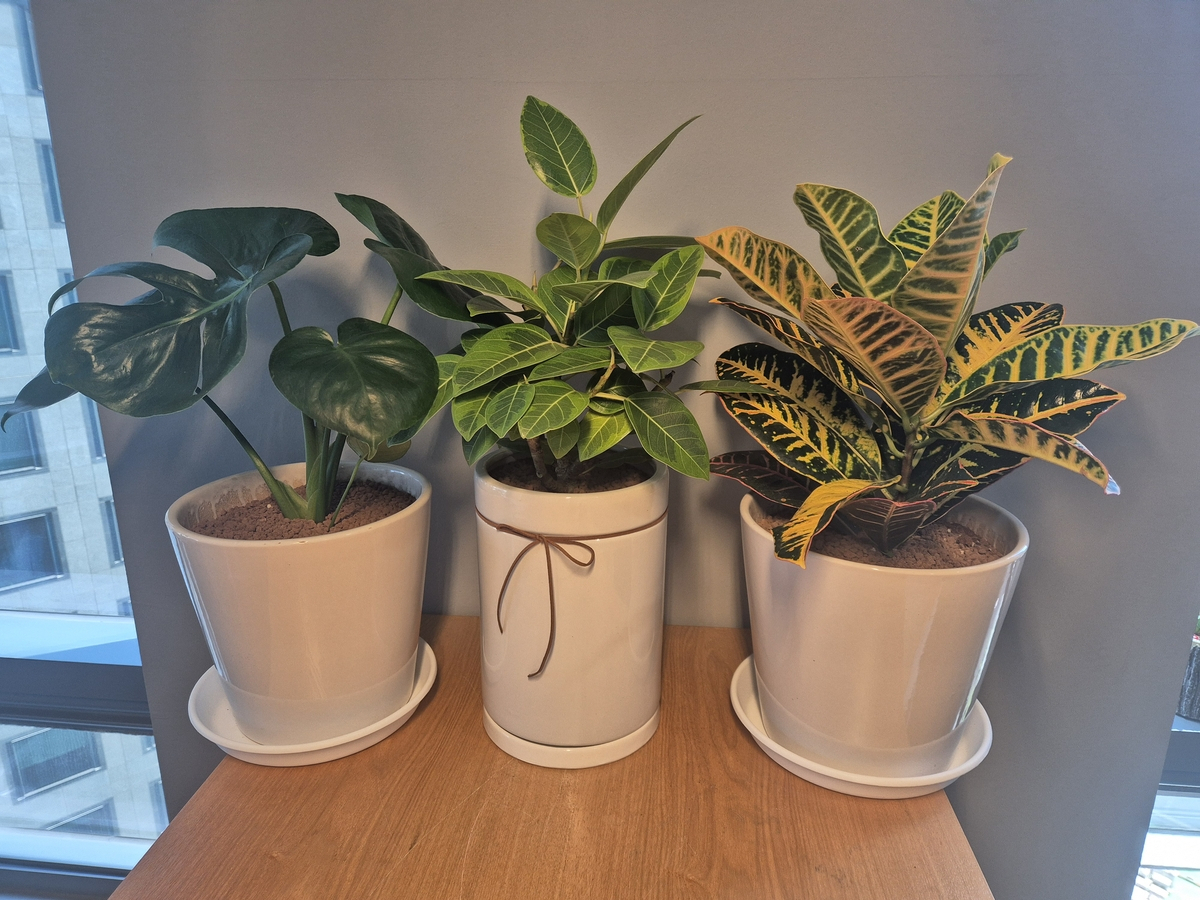
 |
| Plants distributed to socially alienated individuals (Seoul Metropolitan Government) |
Seoul’s plant-distribution initiative has proven effective in improving the mental health of young Koreans living in social isolation and seclusion, city officials said Tuesday.
In a survey of 302 Seoul residents aged 19 to 39 who received free plants such as ivy, dwarf umbrella trees, hoya lisa, and Chinese evergreens as part of the city-run program, 90.9 percent reported that growing the plants at home positively impacted their mental well-being.
Participants reported increased self-efficacy, gaining confidence in their ability to perform tasks in social contexts. Other reported benefits included enhanced social skills, greater self-understanding, increased emotional stability and reduced stress. On average, the participants' self-evaluated depression levels improved from “severe” to “mild.”
“Seoul Pet Plant Distribution Project,” initiated in 2017, originally targeted low-income seniors aged 65 and older living alone in the city, intending to support their mental health through plant care.
Since last year, it has expanded its support to youth as part of the capital city’s move to address the rising number of younger residents disconnected from society. The Seoul city government estimated that, as of January last year, approximately 129,000 young Seoulites aged 19 to 39 -- about 4.5 percent of that age group -- were socially isolated or secluded due to factors such as unemployment, mental health issues and relationship difficulties.
Last year, 502 young Koreans received houseplants, and 300 participants joined horticulture programs. City officials reported that, as of October, a total of 28,432 participants had become plant keepers since the project's launch.









